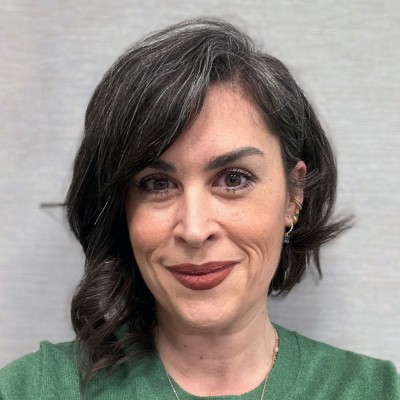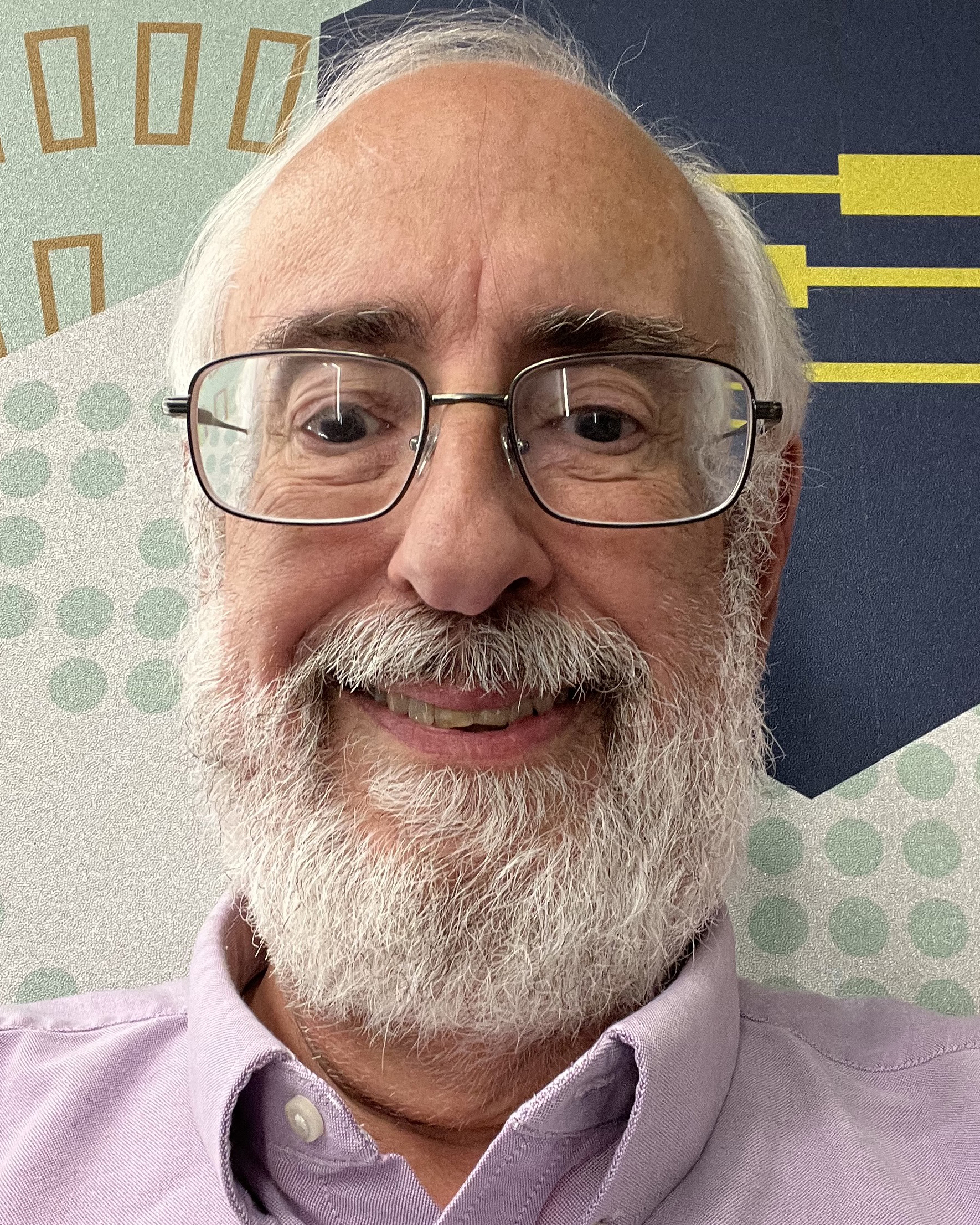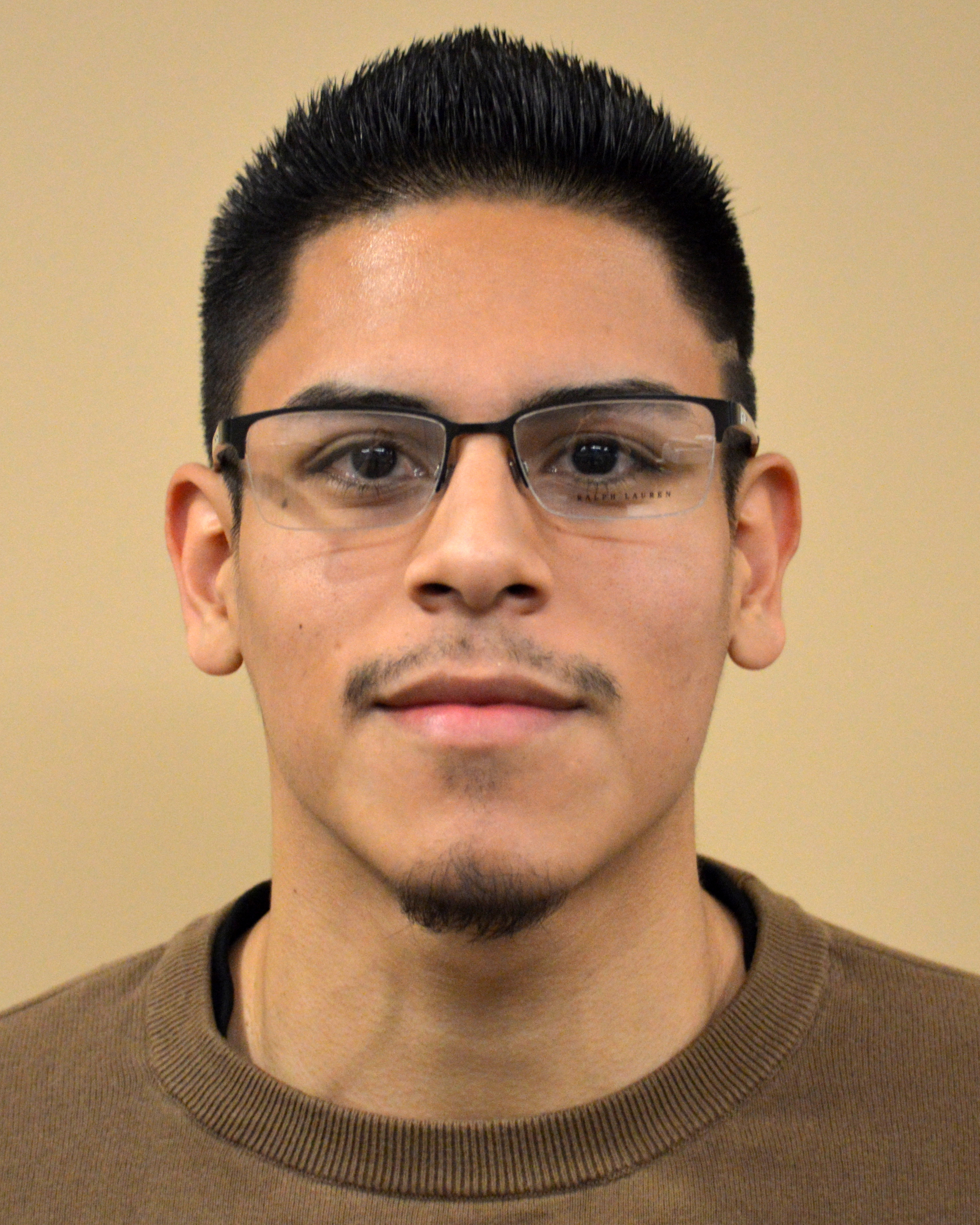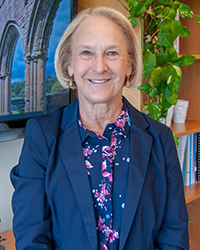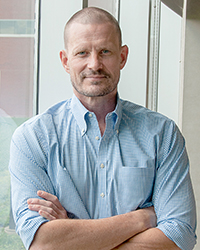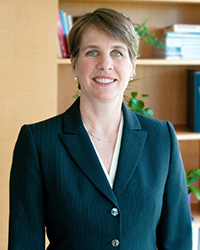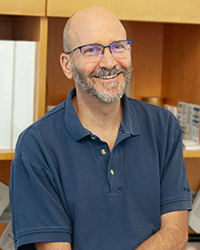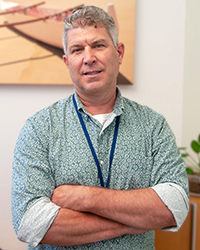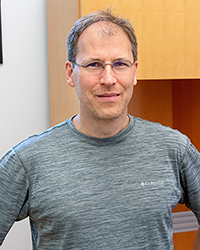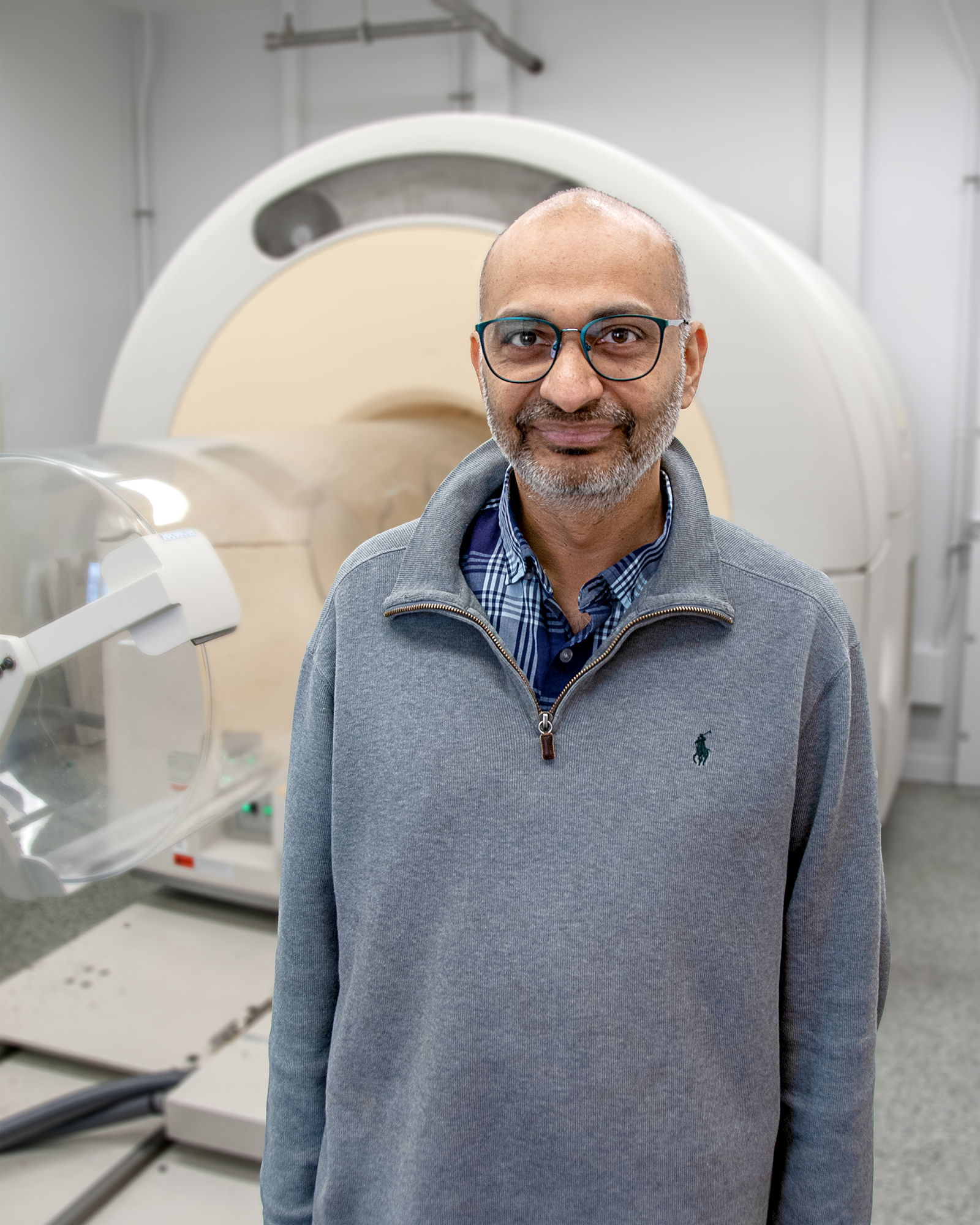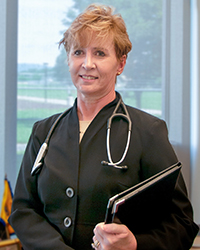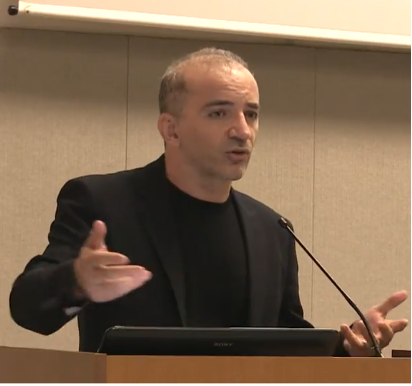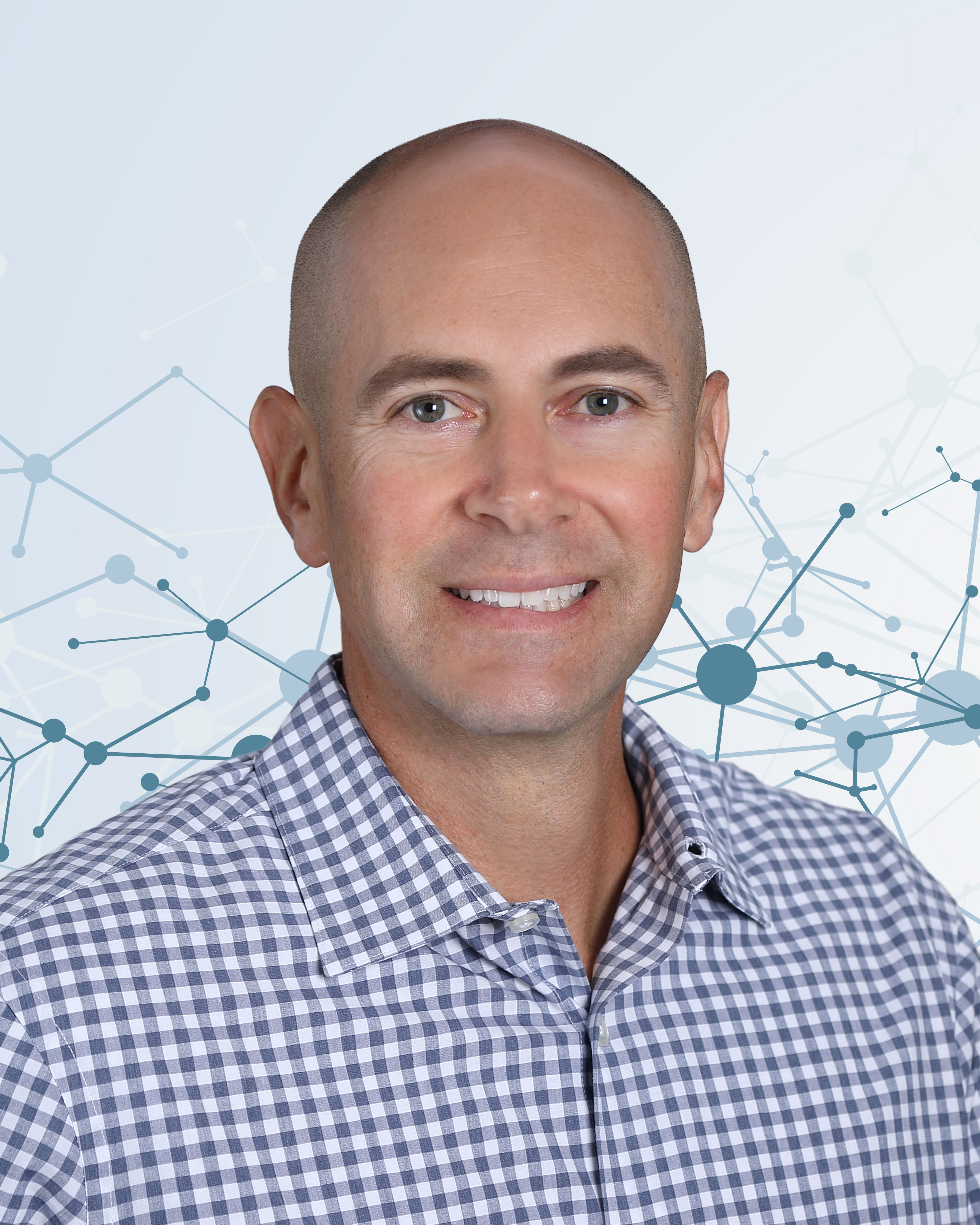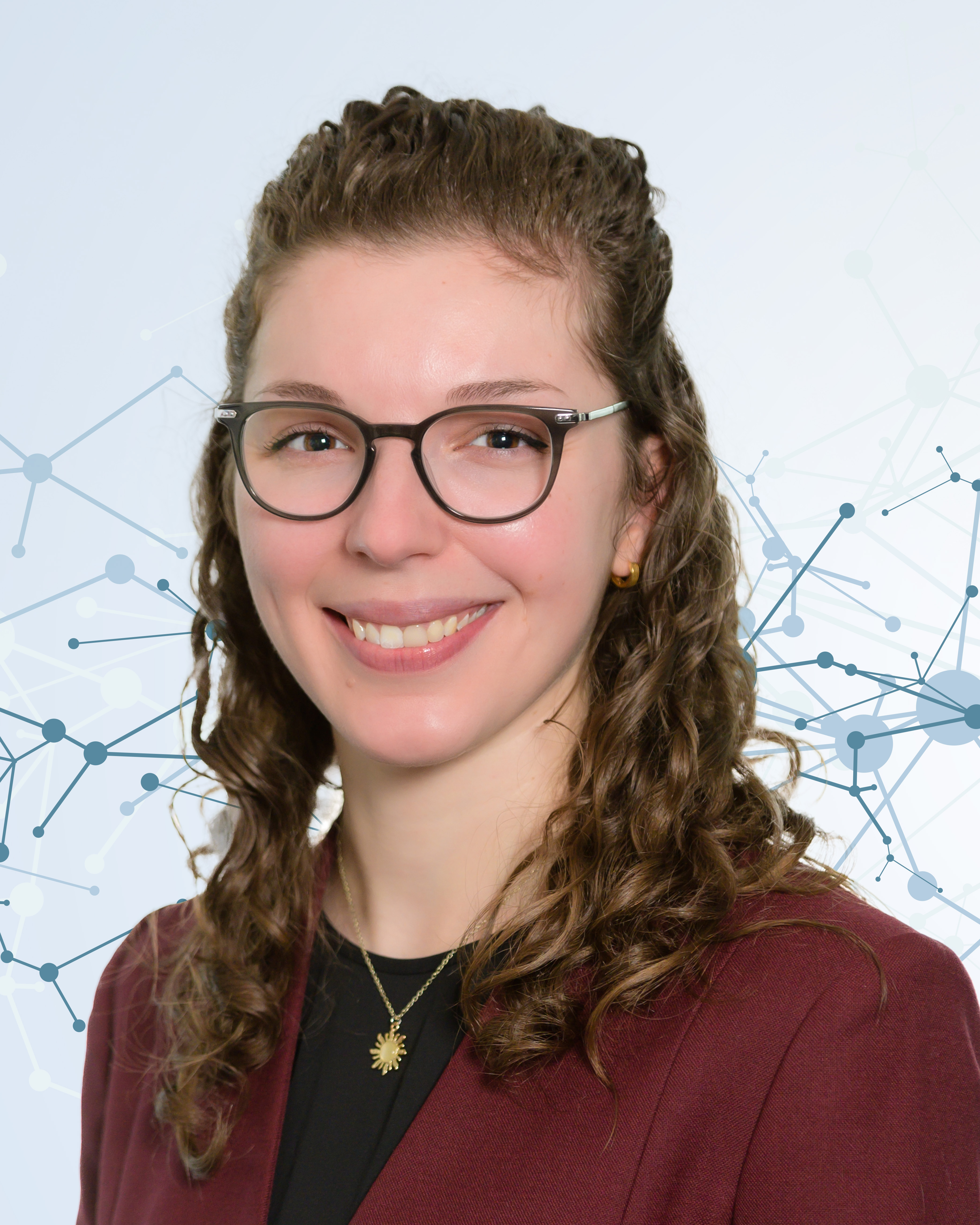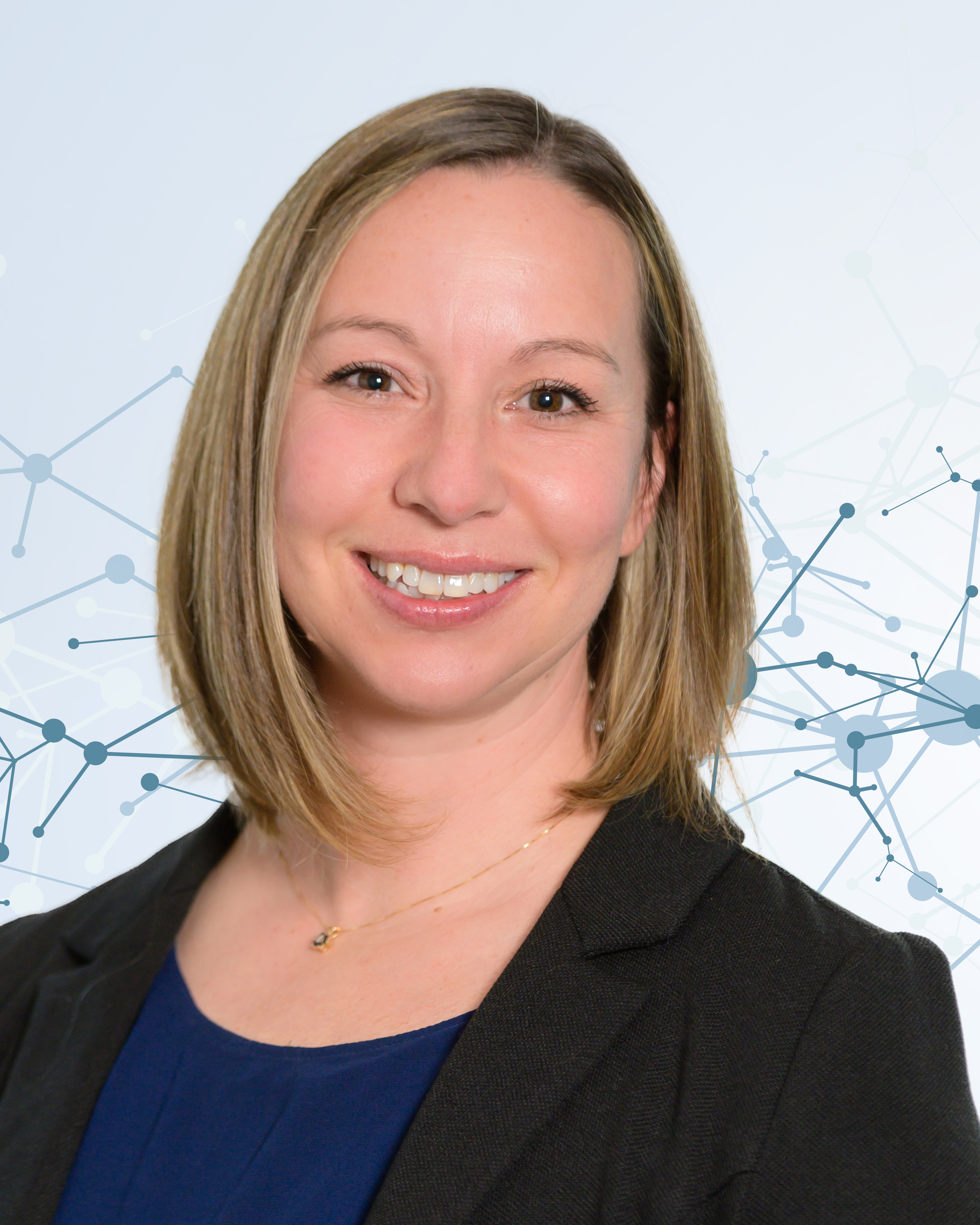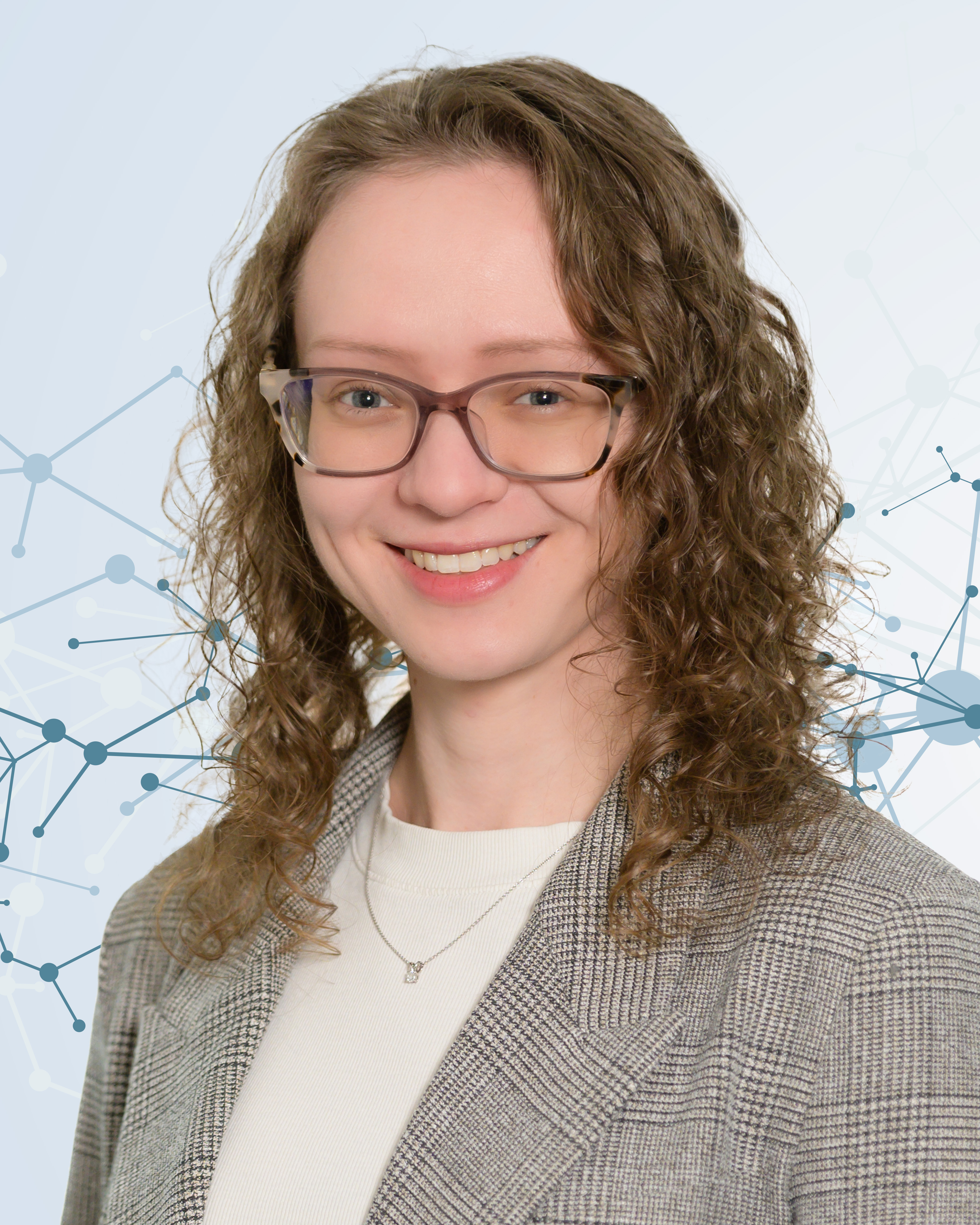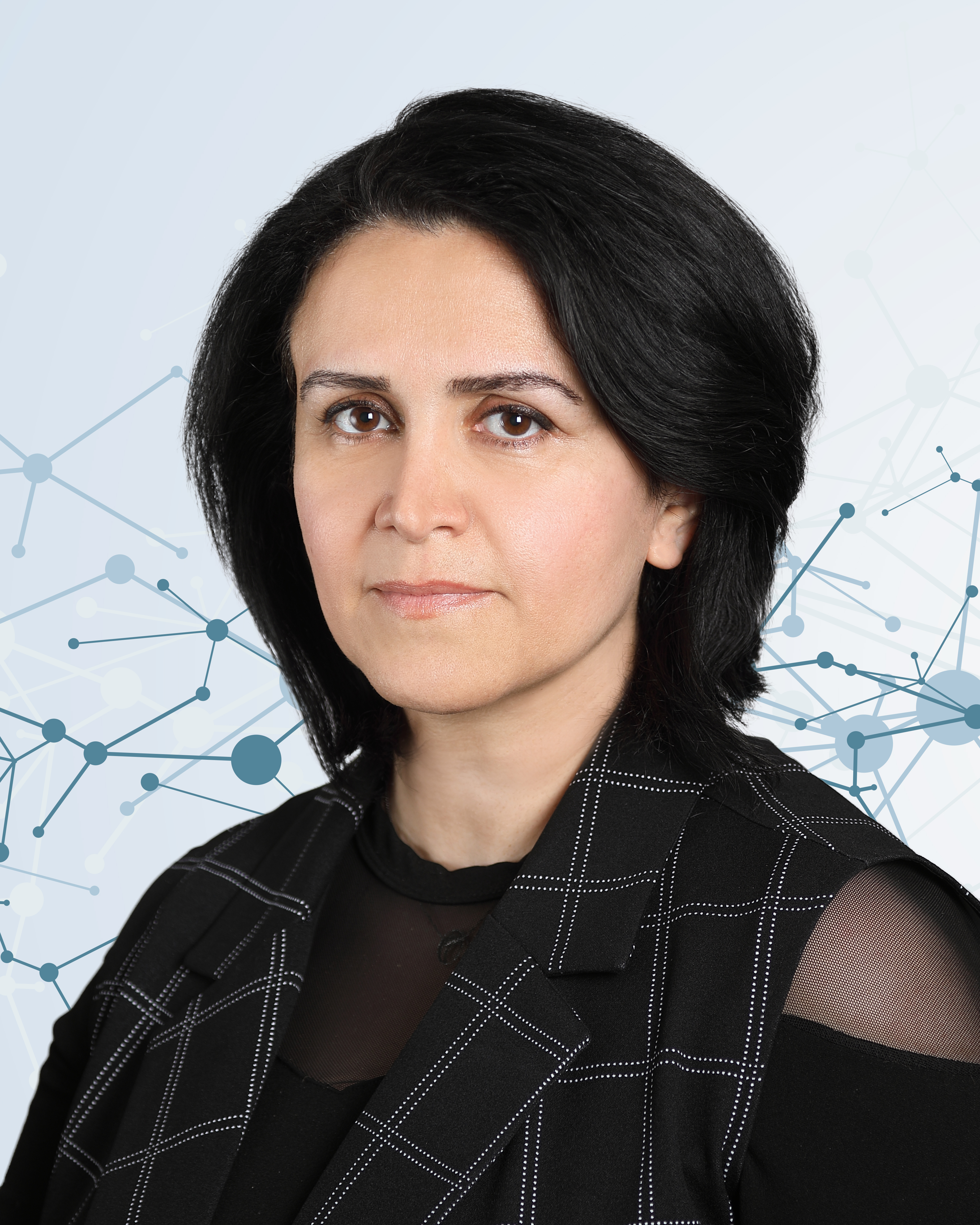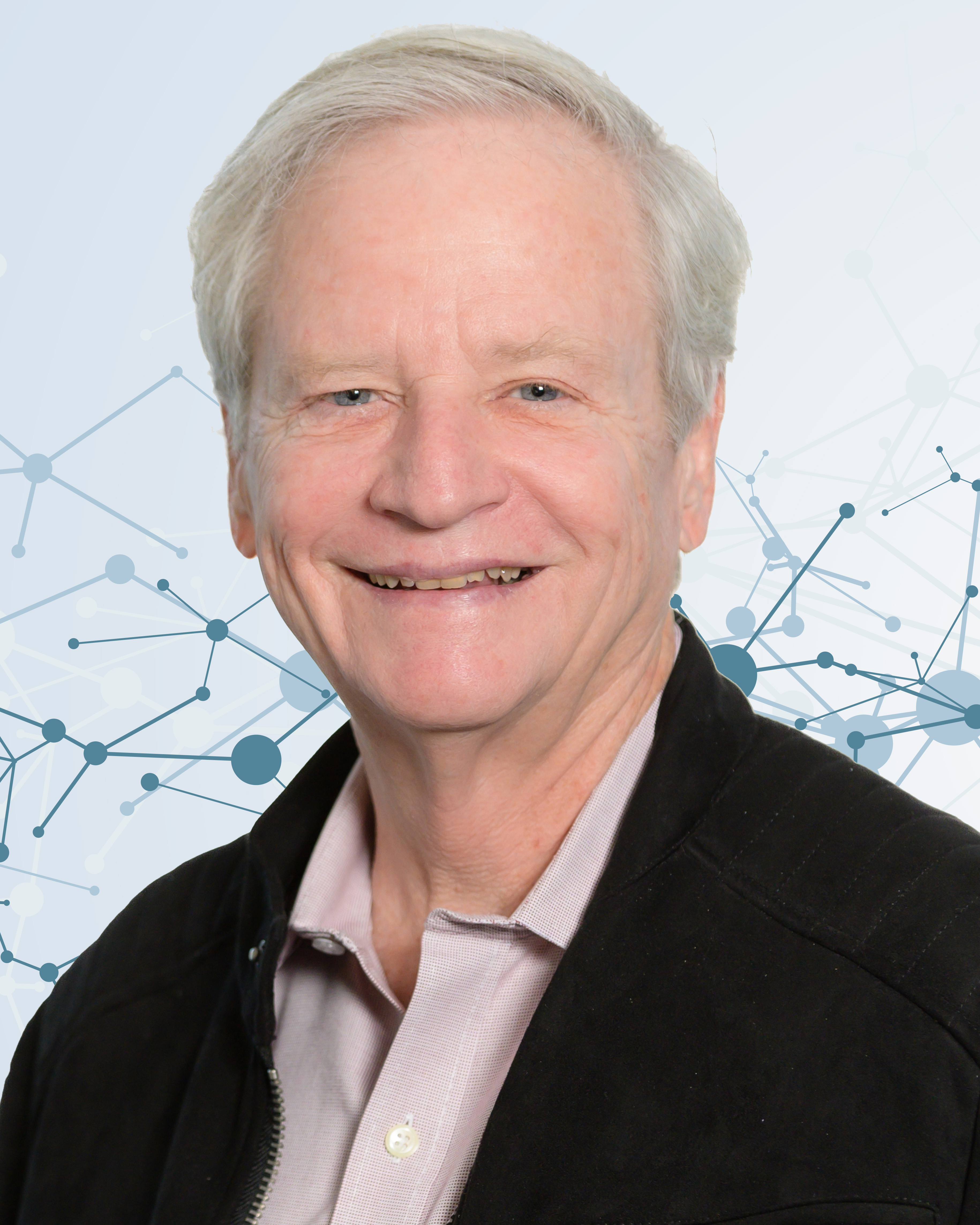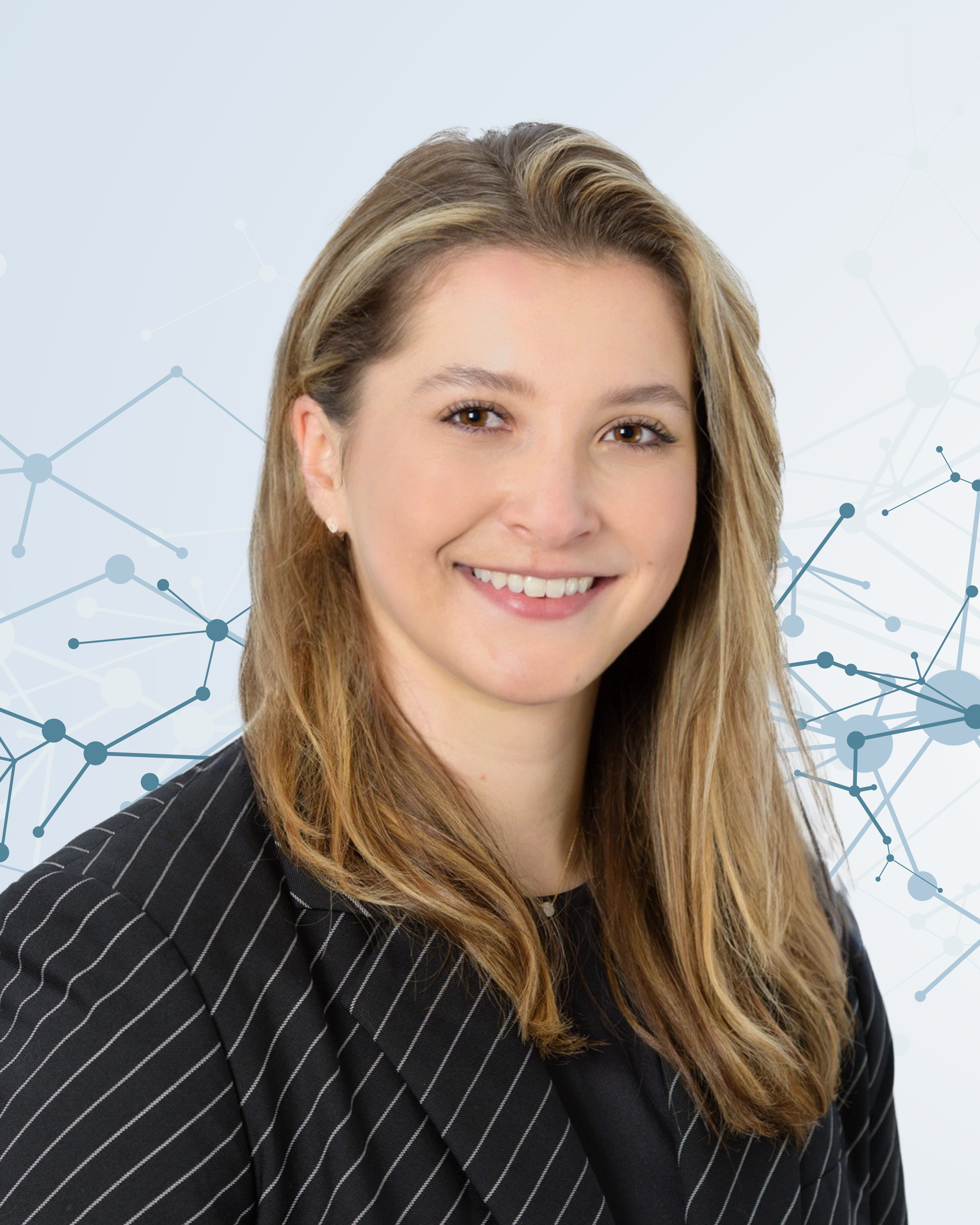Bioinformatics and Computational Biosciences Branch's (BCBB) Clinical Genomics team focuses on analysis of patient-related data, including exome/genome analysis and RNA-seq, to aid in clinical research projects for diagnosis of known diseases and discovery of novel genetic disorders.
Examples of clinical genomics methods we support:
- Assembly and mapping of short- and long-read sequencing data
- Variant analysis using standard practices.
- Rare variant filtering in probands or trios based on genetic inheritance modeling
- Family group or cohort analysis
- Transcriptome/RNA-Seq (differential gene expression, splicing, mono-allelic expression)
- Pathways and network analyses
- Gene burden analysis (candidate gene hypothesis testing, gene discovery)
- Structural variant calling from whole genome sequencing data
- Somatic/mosaic variant calling
- Linkage analysis and homozygosity mapping
Publications
Collaborator: Steven M. Holland (LCIM), Michail Lionakis (LMI). Immunogenetics associated with severe coccidioidomycosis. JCI Insight. 2022 Nov 22;7(22):e159491.
Collaborator: Steven M. Holland (LCIM), Luigi D. Notarangelo. Clinical exome sequencing of 1000 families with complex immune phenotypes: Toward comprehensive genomic evaluations. J Allergy Clin Immunol. 2022 Oct;150(4):947-954. doi: 10.1016/j.jaci.2022.06.009.
Collaborator: Zhiyong Lu (NCBI). PhenoRerank: A re-ranking model for phenotypic concept recognition pre-trained on human phenotype ontology. Biomed Inform. 2022 May;129:104059. doi: 10.1016/j.jbi.2022.104059.
Collaborator: Michael Lenardo (LISB). Congenital iRHOM2 deficiency causes ADAM17 dysfunction and environmentally directed immunodysregulatory disease. Nat Immunol. 2022 Jan;23(1):75-85. doi: 10.1038/s41590-021-01093-y.
Collaborator: Steven M. Holland (LCIM). Genome-wide association study in patients with pulmonary Mycobacterium avium complex disease. Eur Respir J. 2021 Aug 12;58(2):1902269. doi: 10.1183/13993003.02269-2019.
Collaborator: Helen Su (LCIM). Autoantibodies against type I IFNs in patients with life-threatening COVID-19. Science. 2020 Oct 23;370
Collaborator: Michael Lenardo (LISB). HEM1 deficiency disrupts mTORC2 and F-actin control in inherited immunodysregulatory disease. Science. 2020 Jul 10;369(6500):202-207.
Collaborator: Helen Su (LCIM) and Michael Lenardo (LISB). Extended clinical and immunological phenotype and transplant outcome in CD27 and CD70 deficiency. Blood. 2020 Dec 3;136(23):2638-2655.
Collaborator: Raphaela Goldbach-Mansky. Distinct interferon signatures and cytokine patterns define additional systemic autoinflammatory diseases. J Clin Invest. 2020 Apr 1;130(4):1669-1682.
Research Team
Team Lead
Andrew J. Oler, Ph.D.
Education:
Ph.D., 2011, University of Utah, Salt Lake City, UT
Languages Spoken: French
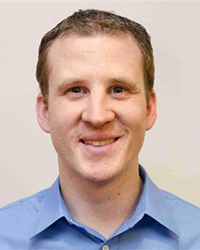
Team Members
Joanne Berghout, Ph.D.
(Contractor)
Education:
Ph.D., 2014, McGill University, Montreal, QC
BSc, 2003, Carleton University, Ottawa, ON
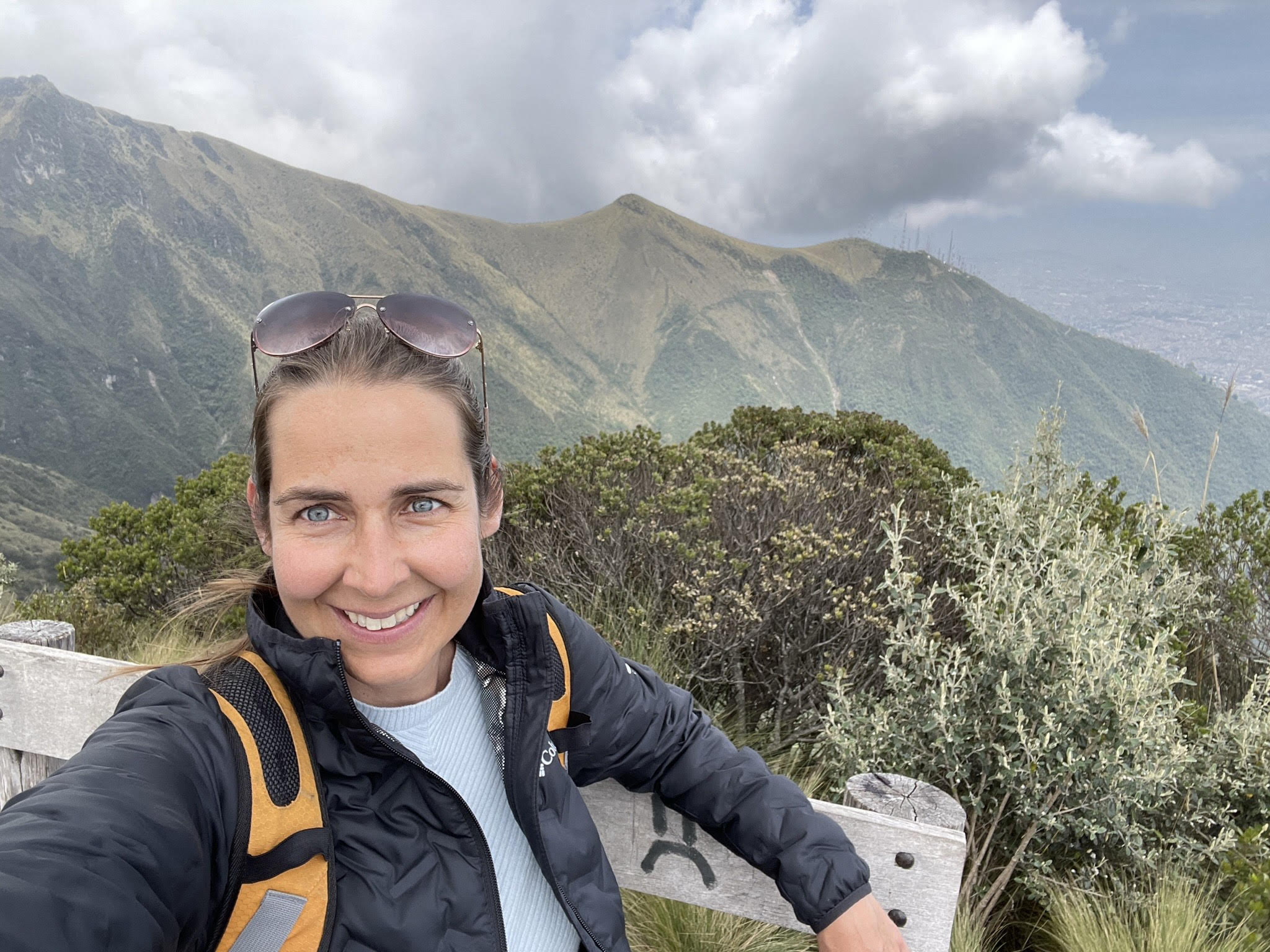
Zeeshan Fazal, Ph.D.
(Contractor)
Education:
Ph.D., 2017, University of Illinois at Urbana-Champaign, IL
MS., 2012, University of Illinois at Urbana-Champaign, IL
Languages Spoken: Urdu
Biju Issac, Ph.D.
(Contractor)
Education:
Ph.D. 2005 Jawaharlal Nehru University, New Delhi, India
Languages Spoken: Hindi, Malayalam
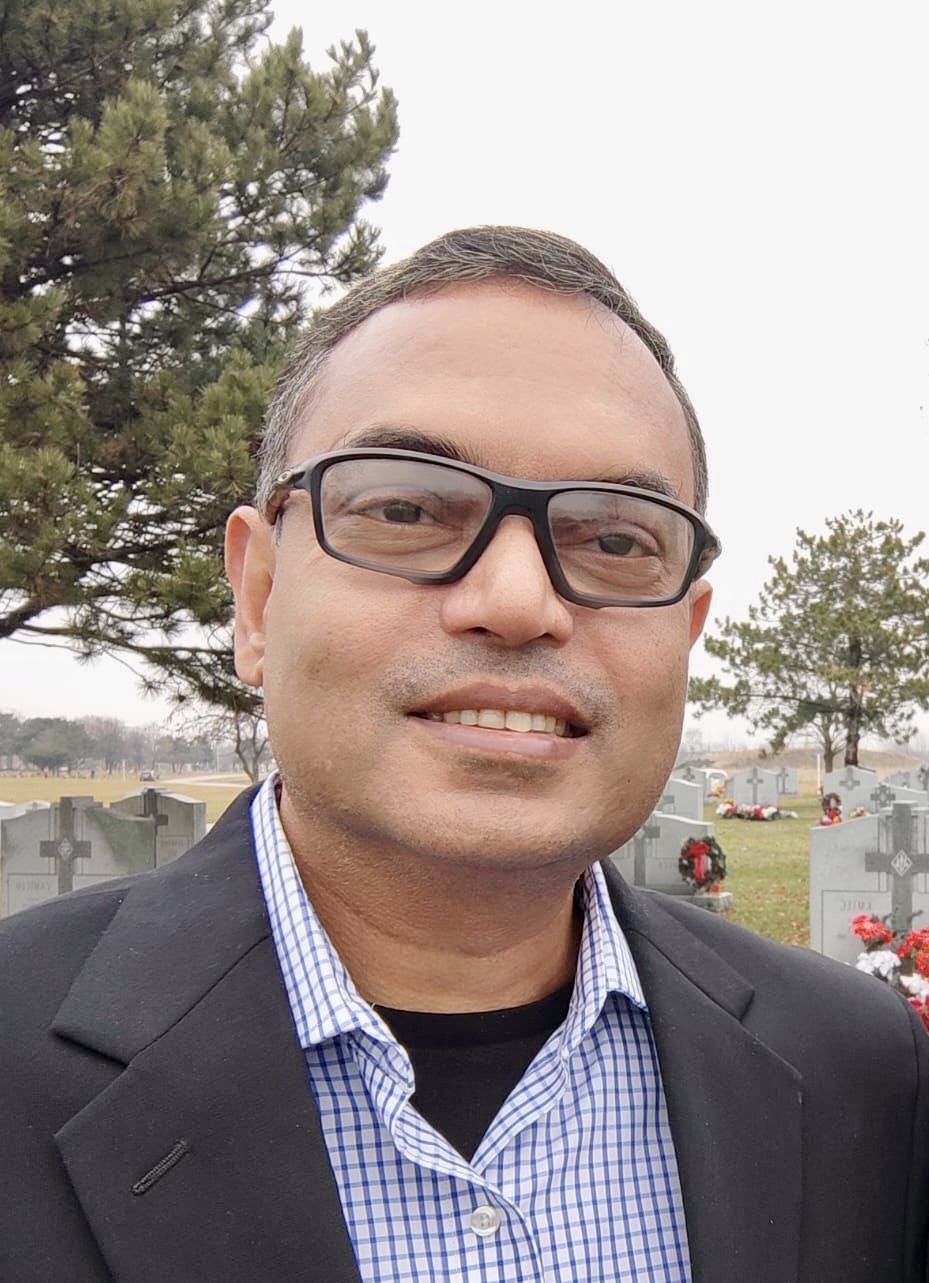
Eric Karlins, M.S.
(Contractor)
Education:
M.S. in Computer Science, 2024 (expected), Georgia Tech, Atlanta, GA
M.S. in Biotechnology, 2002, Johns Hopkins University, Baltimore, MD
B.S. in Biology, 1998, The College of William and Mary, Williamsburg, VA
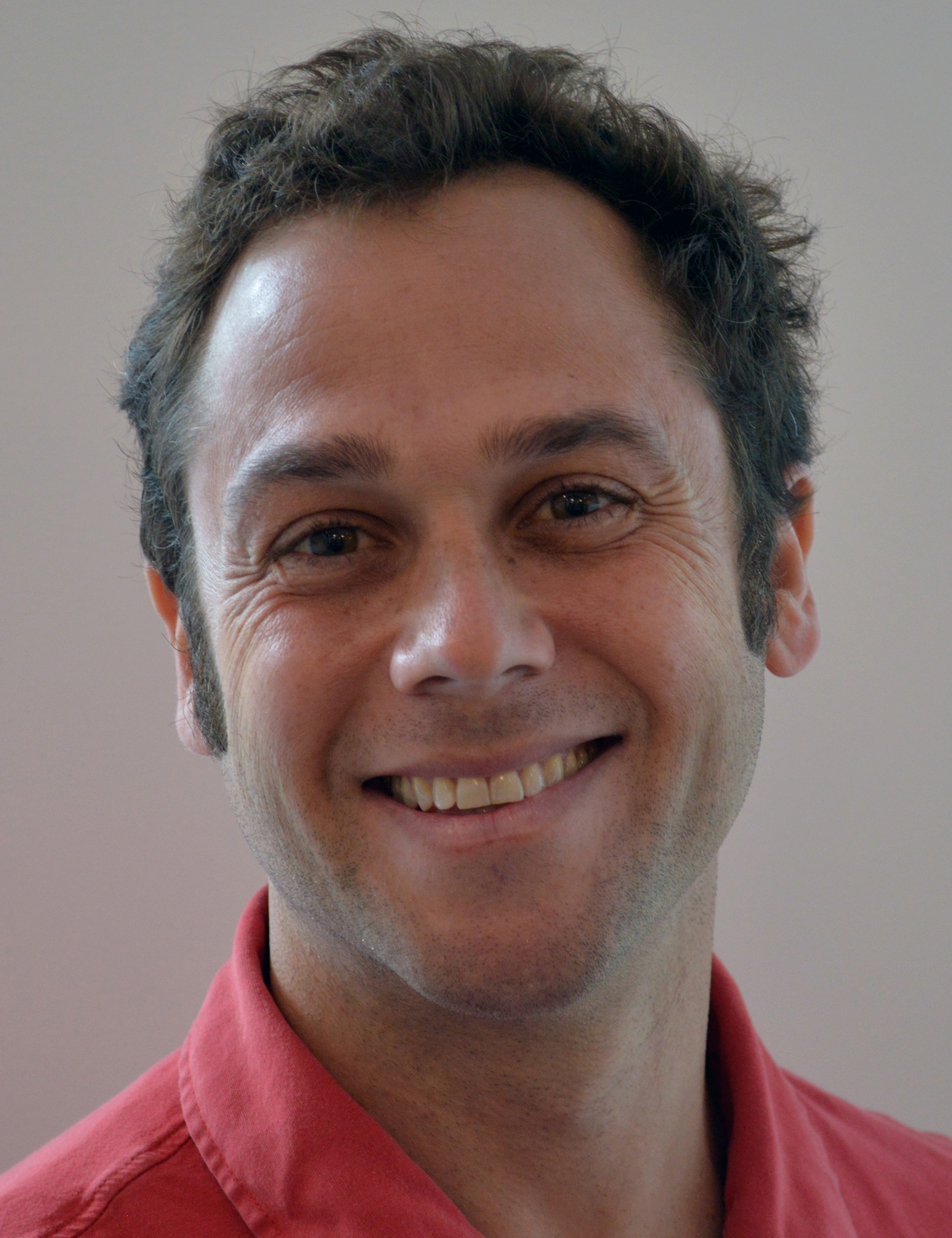
Colton M. McNinch, Ph.D.
(Contractor)
Education:
B.S., 2014, Southwestern College, Winfield, KS
Ph.D, 2020, Iowa State University, Ames, IA
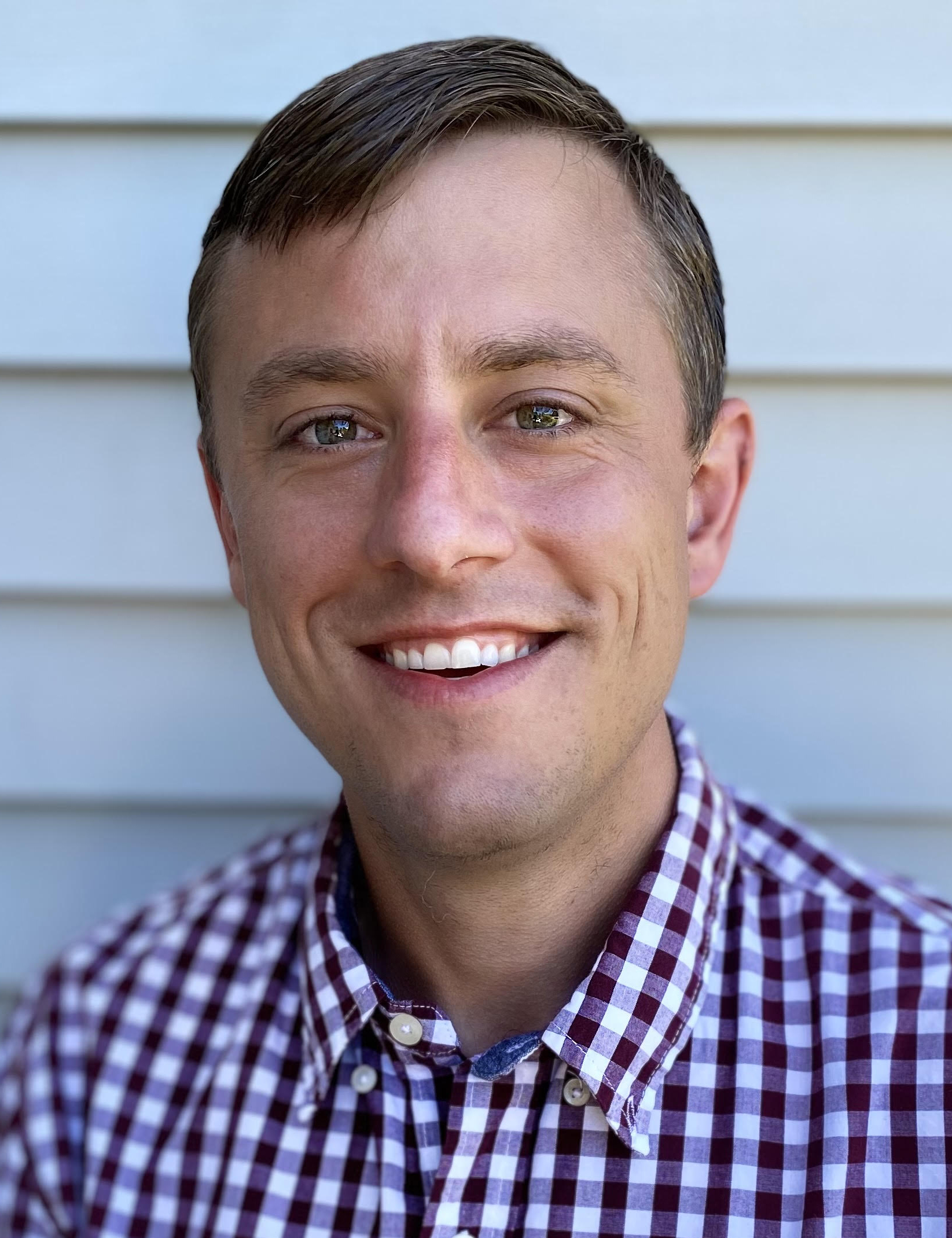
Adam X. Miranda
(Contractor)
Education:
Ph.D., Cancer Biology 2024
Vanderbilt University, Nashville, TN
B.S., Genetics 2017
North Carolina State University, Raleigh, NC



